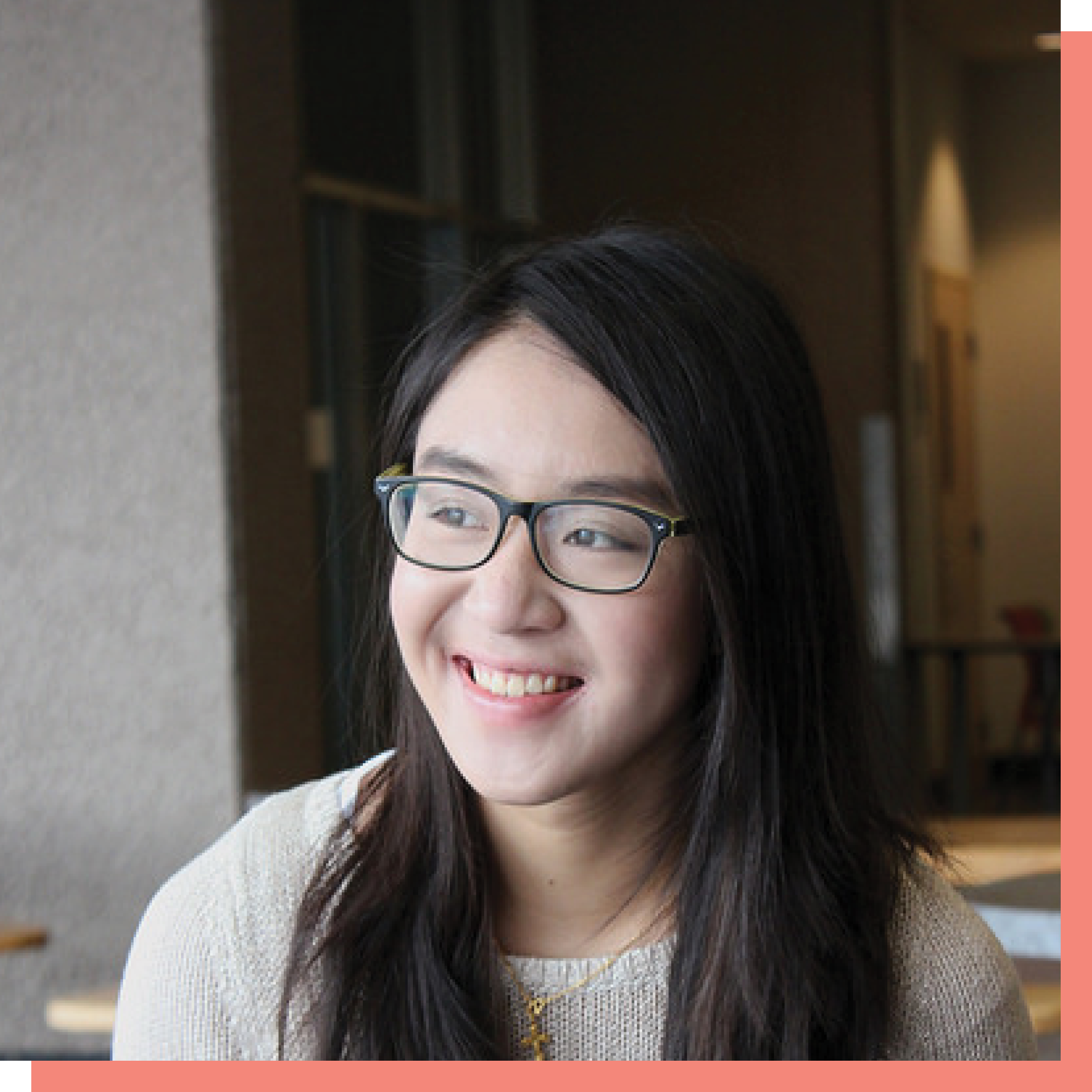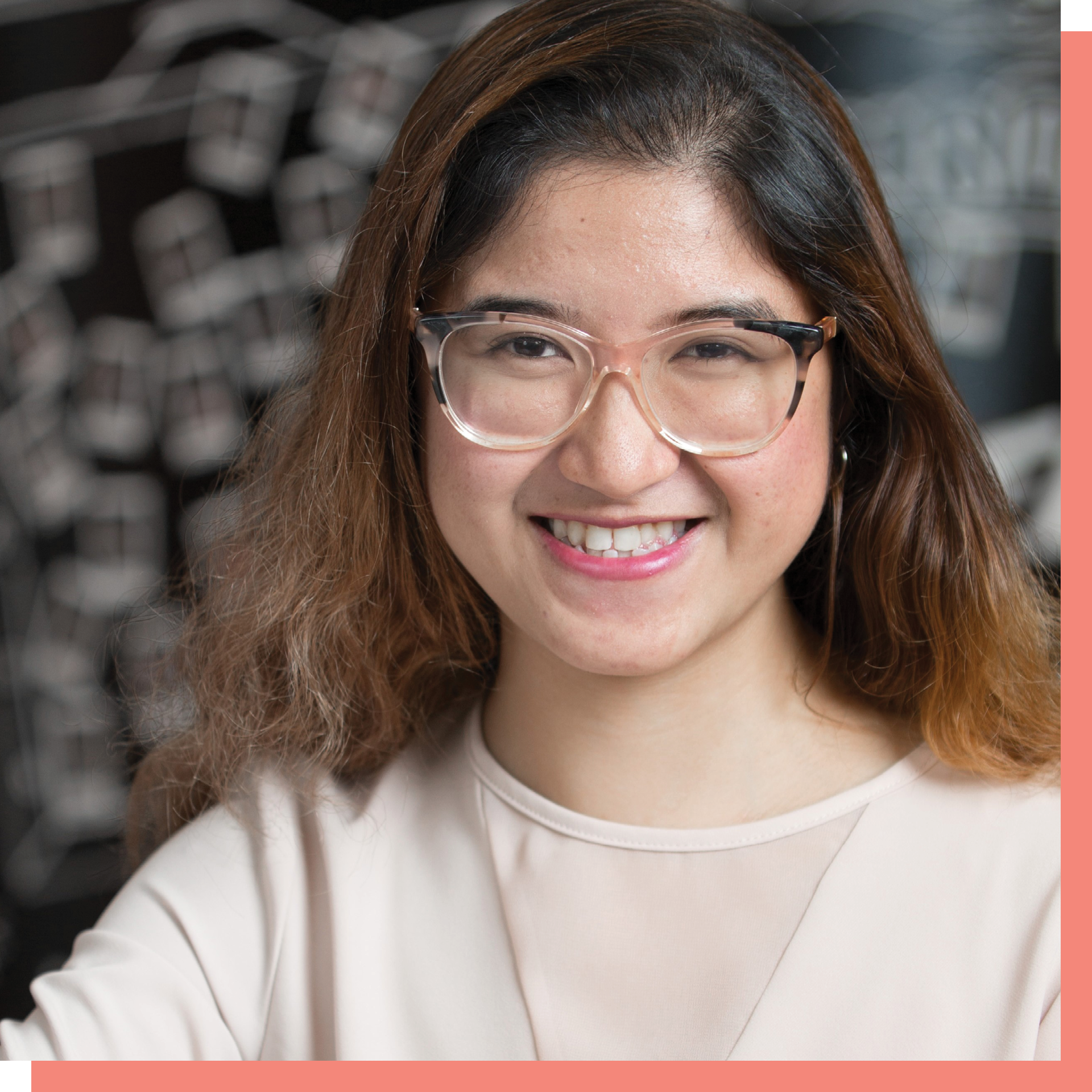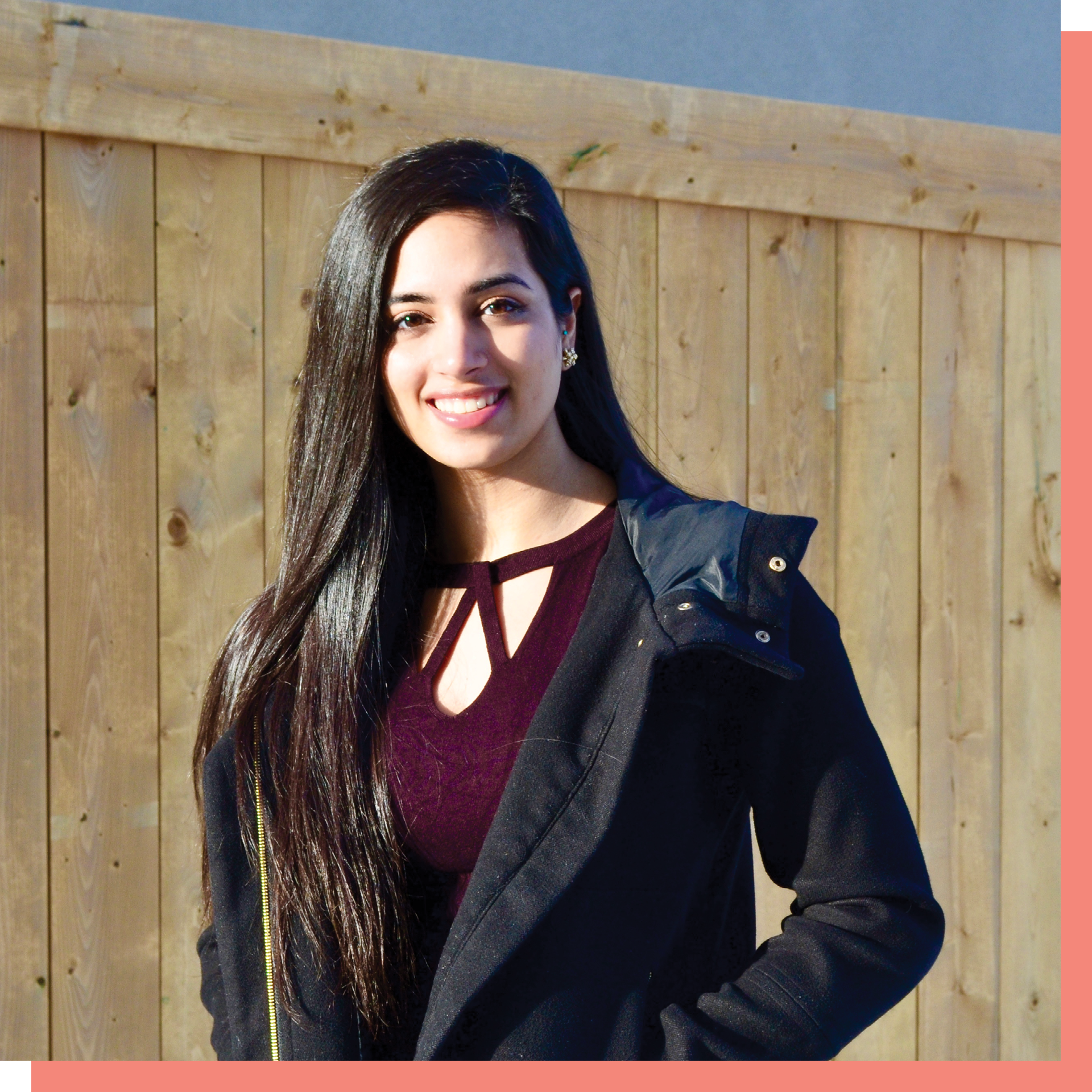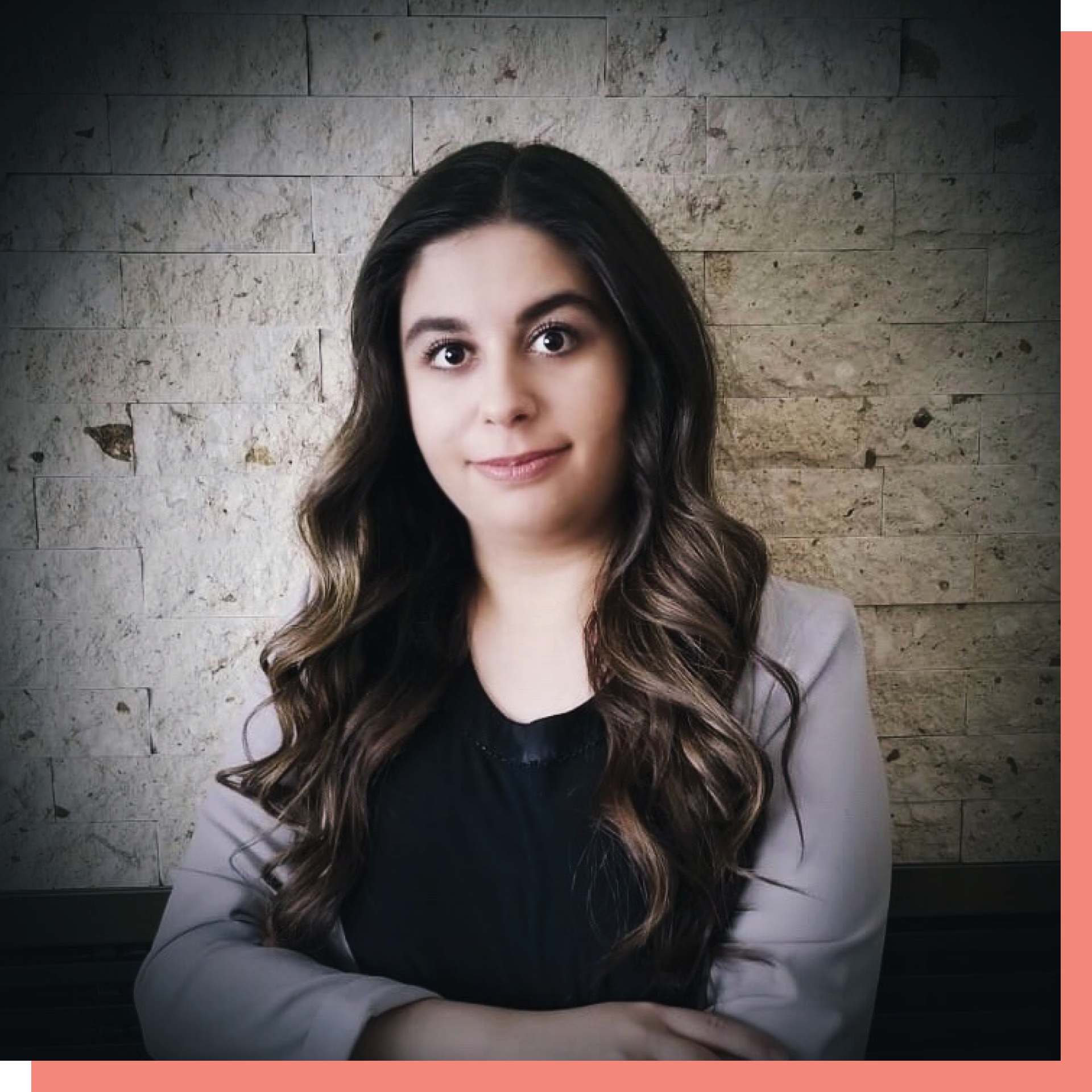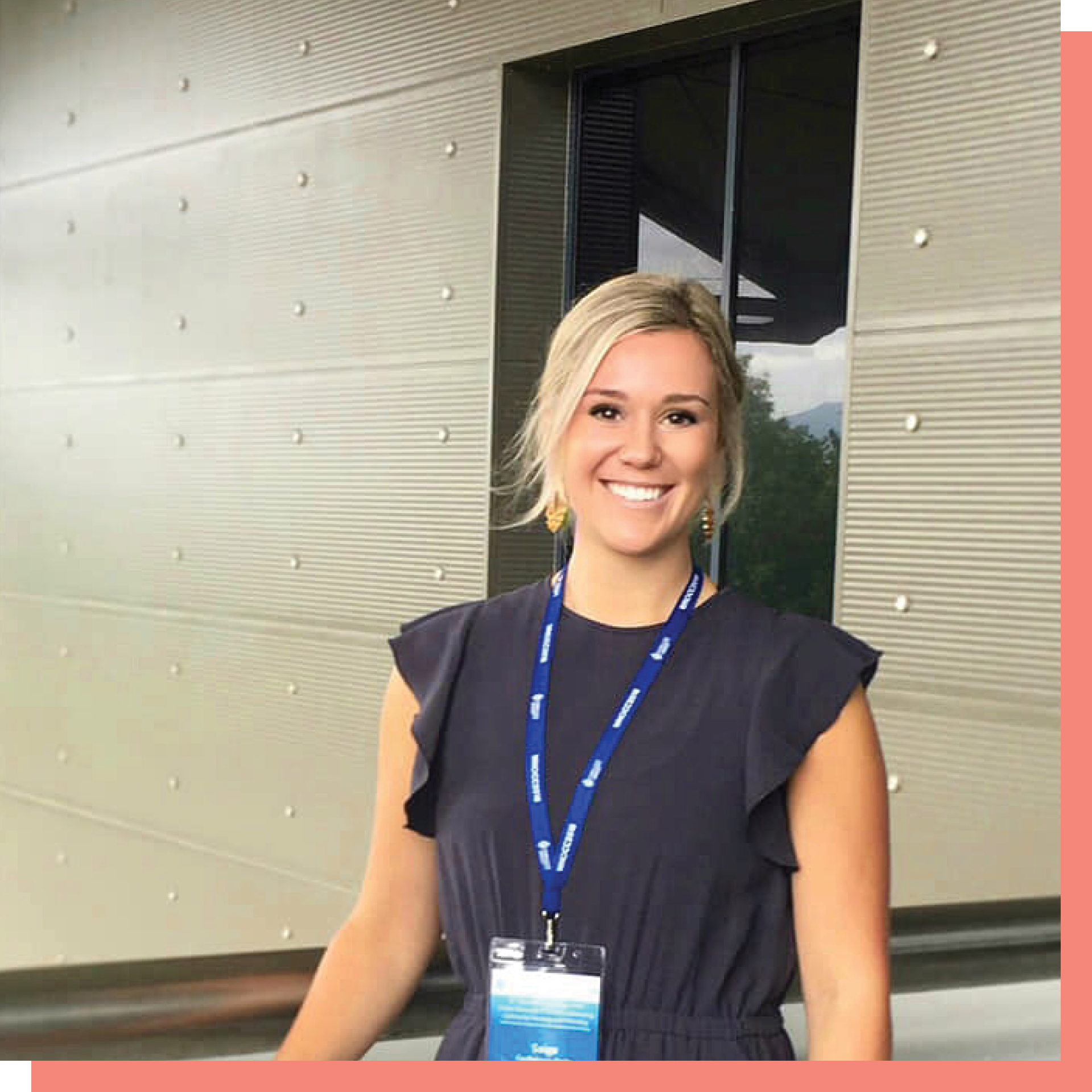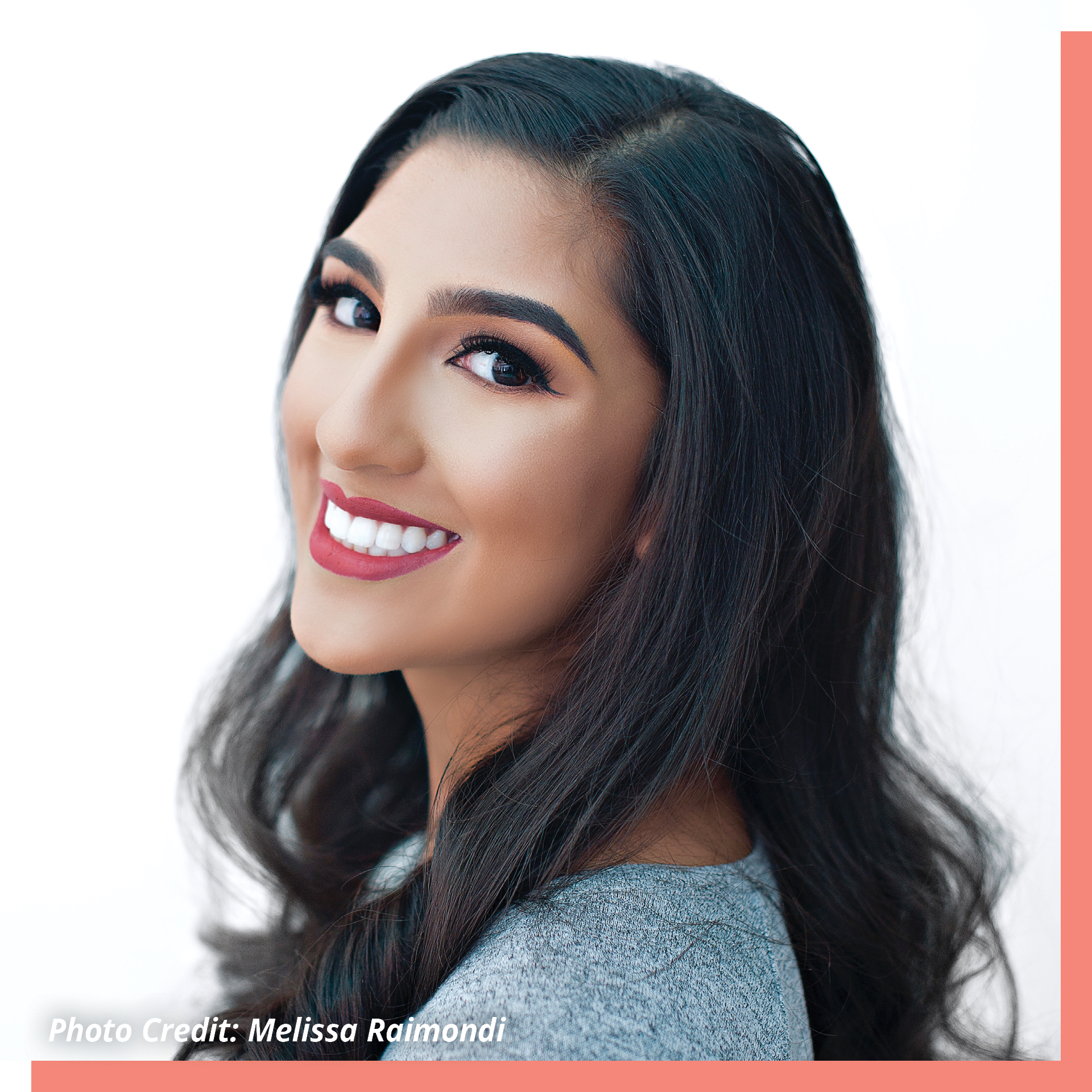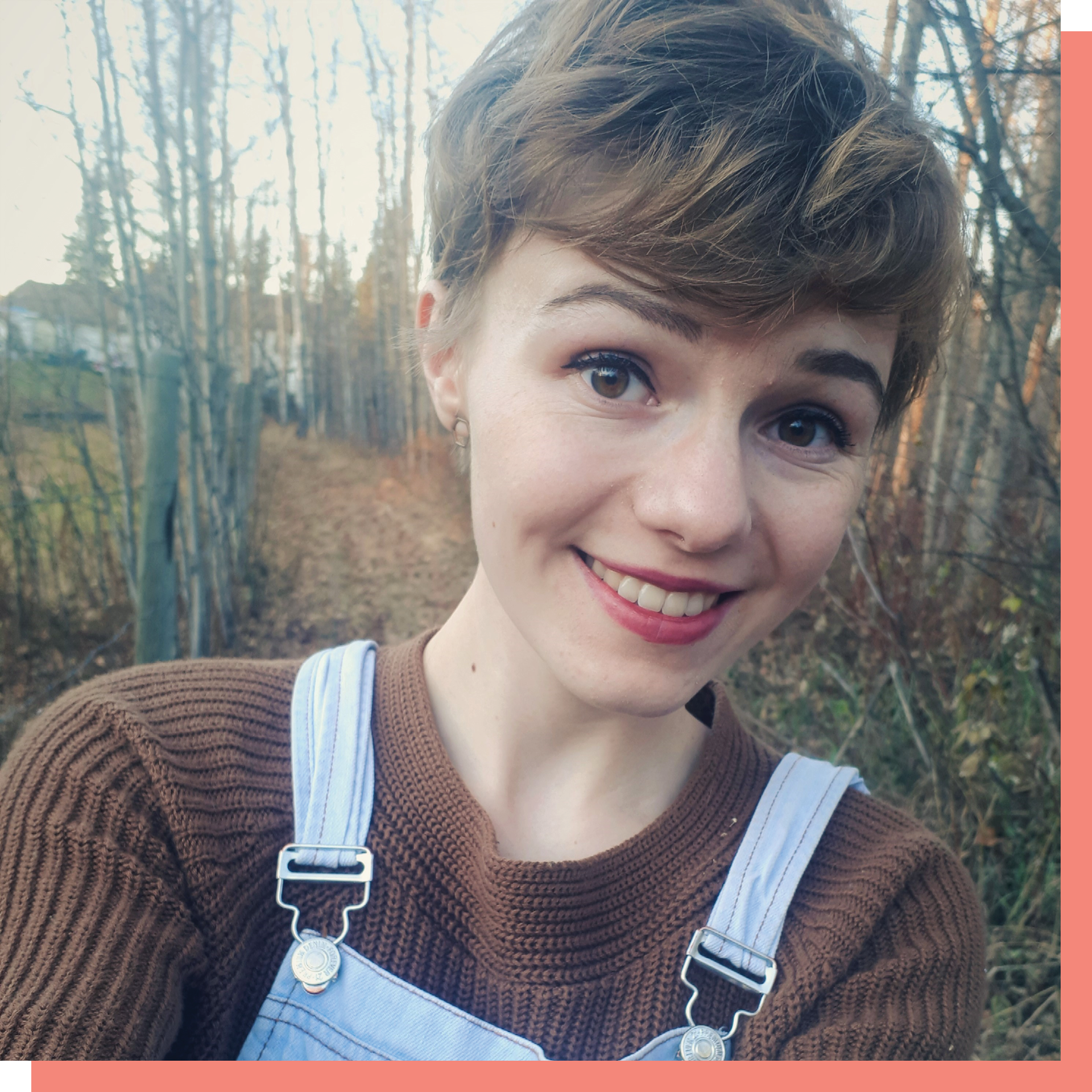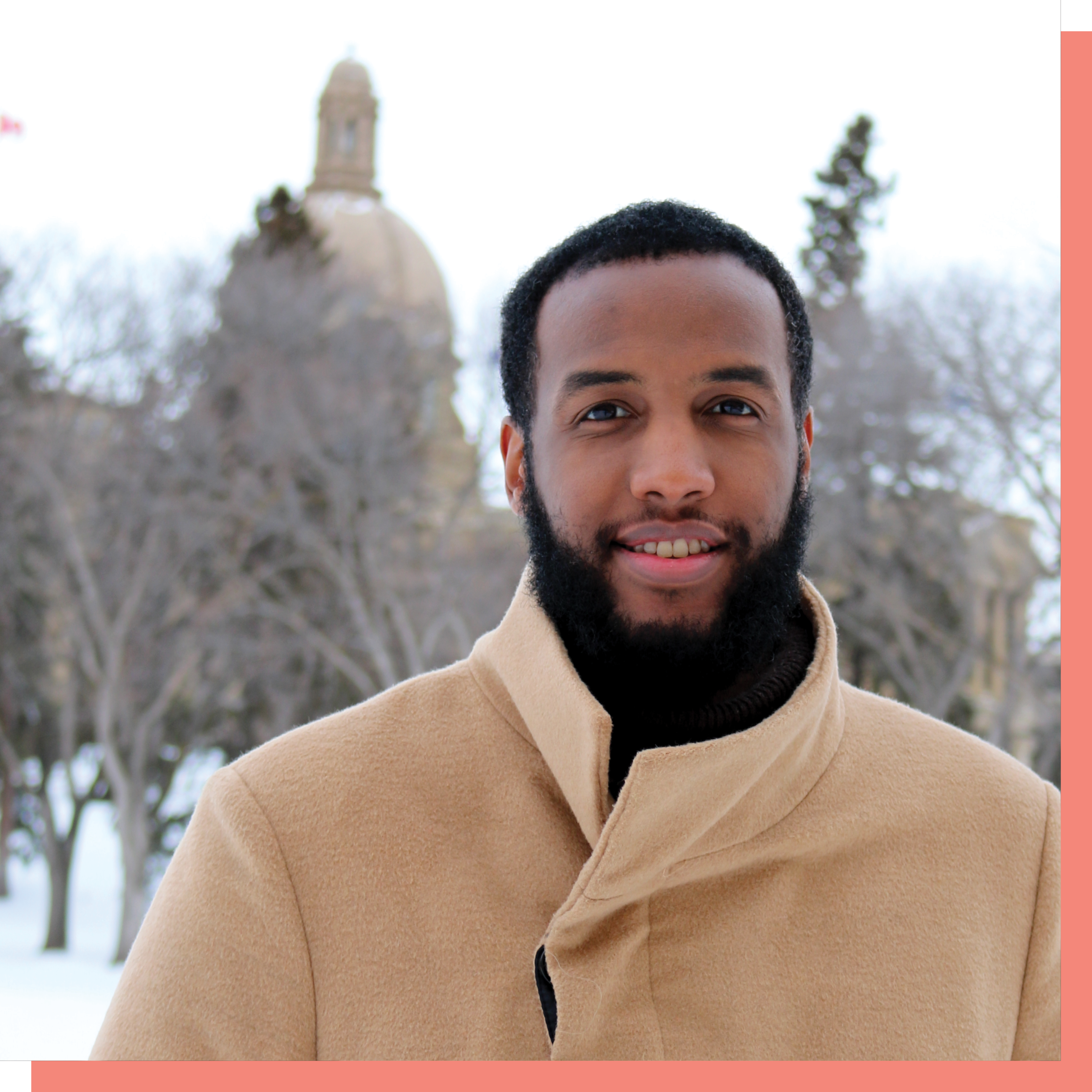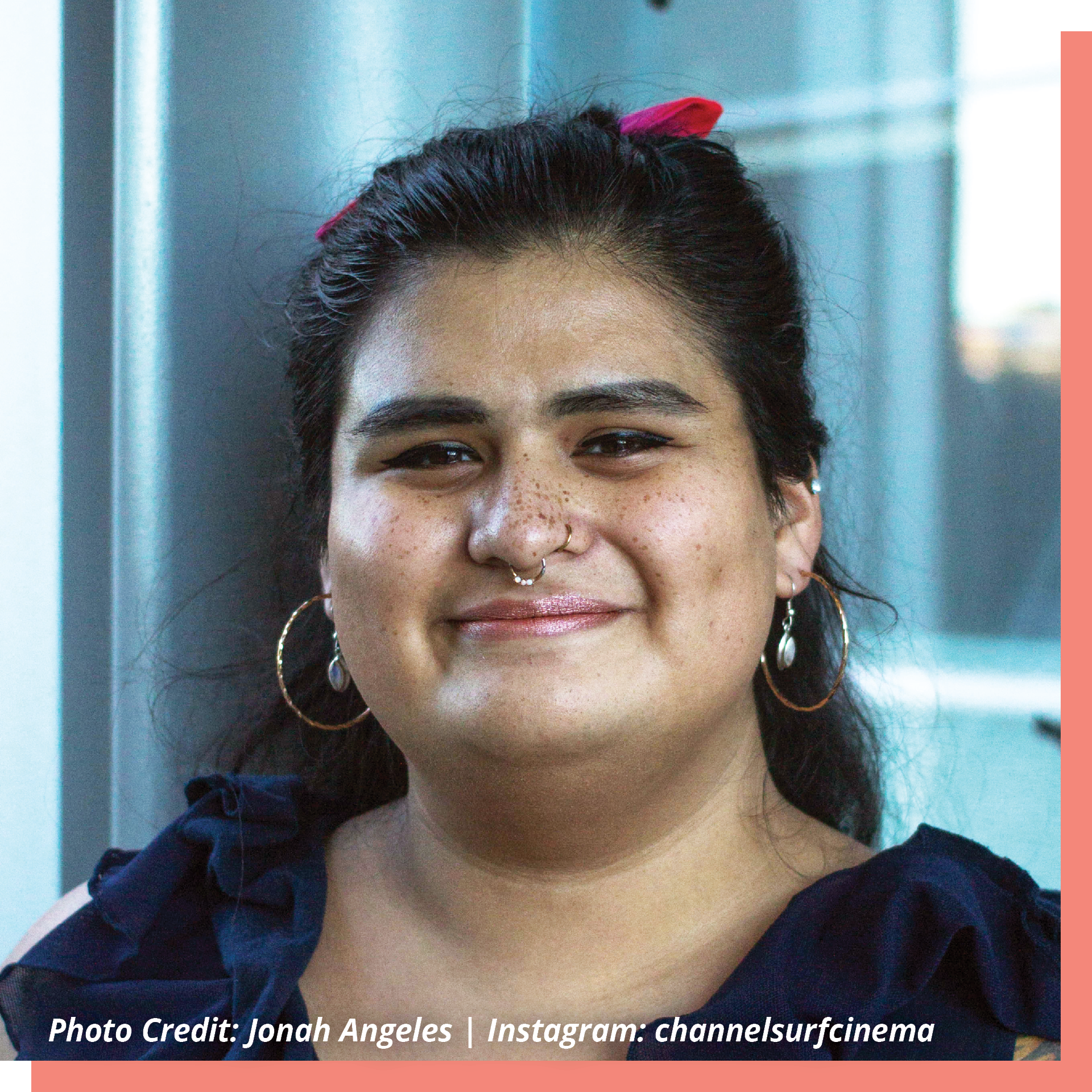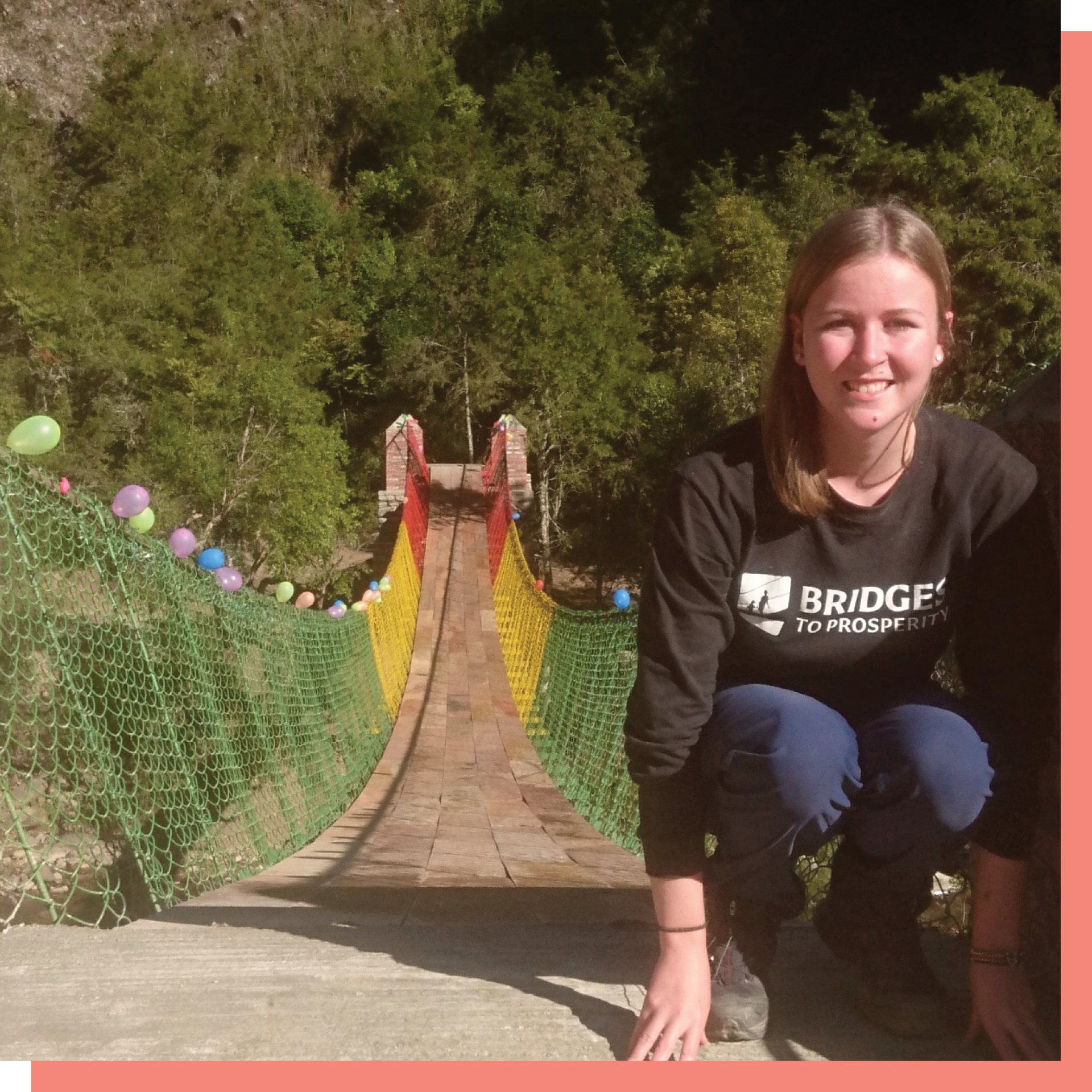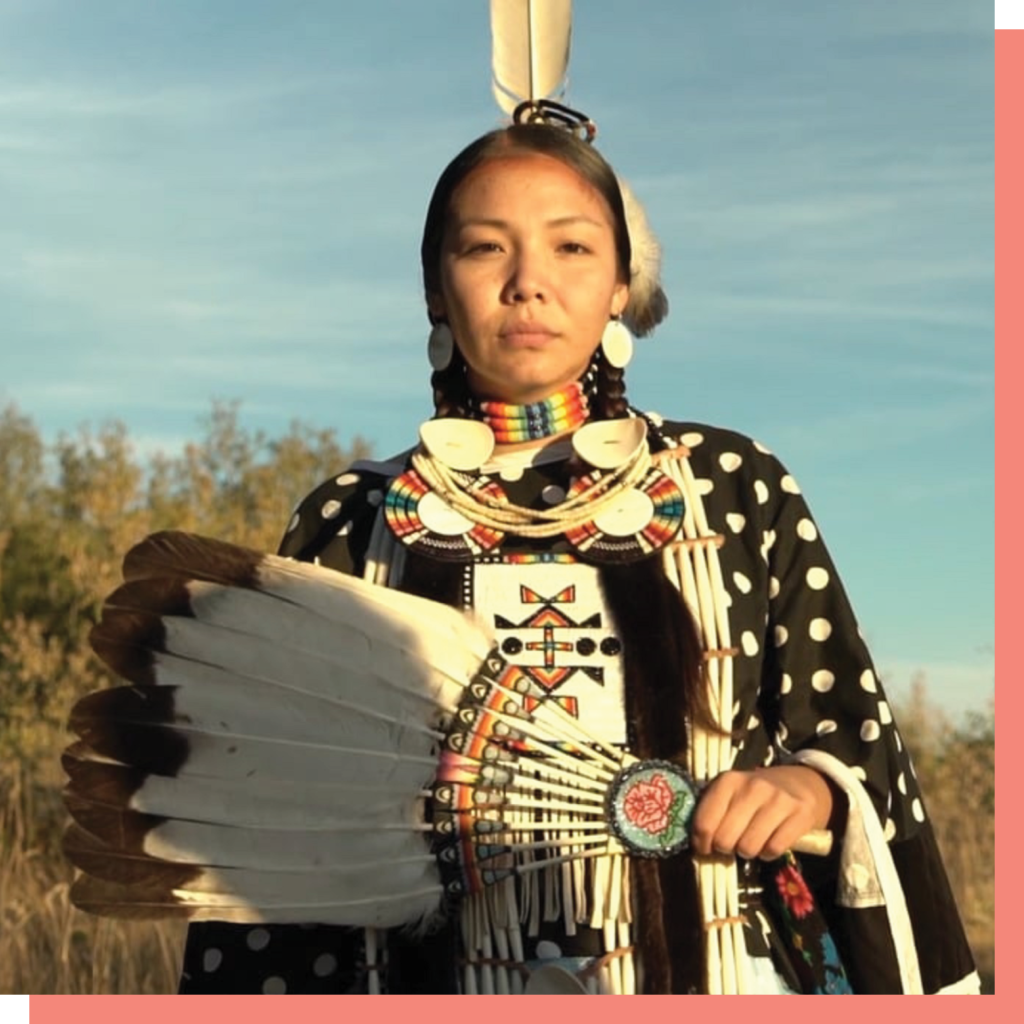
“Be a changemaker by being a leader. Think big and believe in yourself. Be resilient; work with communities. Do what moves you.”
-Glenielia Ariel Crawler
Age: 27
Hometown: Big Horn First Nation
Currently Residing In: Morley First Nation
Affiliations: Nakoda Youth Council- Mni Ki Wakan
Tell us about yourself!
My name is Glenielia Crawler, but I also go by Ariel Waskewitch. I am Nakoda Sioux and Plains Cree, and I come from the small community of Big Horn First Nation. I am a proud mother to my three-year-old daughter named Nakoda, and I am a dancer, singer, and artist, and a young Indigenous female role model for many young Indigenous and young non-Indigenous girls and boys. As a youth leader and member of the Stoney Nakoda Youth Council in Morley, I am the co-convener for the upcoming Mni Ki Wakan: World Indigenous Peoples Decade of Water Summit. I am currently enrolled in the Aboriginal Education Program at Mount Royal University pursuing a degree in the science field.
How does your work promote gender equality in Canada and around the world?
For the past year, I have worked at the Exshaw School as a Youth Cultural Teacher, offering cultural teachings through art, storytelling, song, and leadership activities. I co-facilitate sharing circles with classes once a week, where I plan and deliver lessons and sharing opportunities for youth focusing on issues of gender equality, individual strengths, and working together to make positive and impactful change—locally and globally.
Internationally, I work with the Mni Ki Wakan: World Indigenous Peoples Decade of Water Summit. In many Indigenous communities, women share a spiritual relationship with water that guides their communities in many ways. Mni Ki Wakan recognizes and values the central role Indigenous women play. As Mni Ki Wakan continues to develop and grow, we ensure women who are involved in fronts to protect the sacred water.
How does the work you do addressing gender inequality connect to progress on the other Sustainable Development Goals?
Women and girls are sacred beings, and they should be valued as such. Because of the many missing and murdered Indigenous women, some of our young Indigenous girls are vulnerable and do not have a strong female role model in their lives. I tell the youth I work with that self-care and taking care of their spirits is very important. And if they needed someone to talk too, I am there for them.

